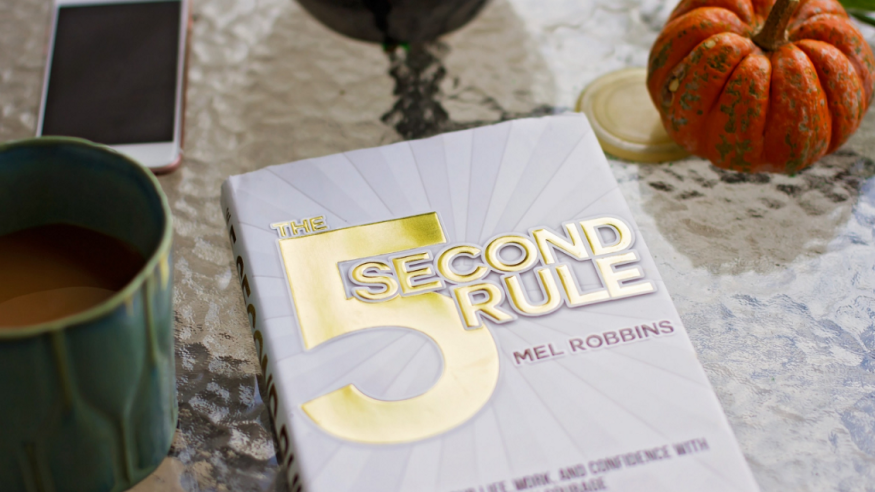One of the areas I am extremely talented in is the area of procrastination. There’s always that article that needed to be written, that chore that needs to be done at home, or that doctor’s appointment that was ‘conveniently’ forgotten about.
If I was truly honest with myself, it wasn’t that I didn’t have the time to do these tasks, I procrastinated because I disliked doing chores or activities that took me out of my comfort zone. This BBC article sums it up really well and states that procrastination is an emotional regulation issue.
Psychologists like Tim Pychyl at Carleton University in Canada and his collaborator Fuschia Sirois at the University of Sheffield in the UK have proposed that procrastination is an issue with managing our emotions, not our time. The task we’re putting off is making us feel bad – perhaps it’s boring, too difficult or we’re worried about failing – and to make ourselves feel better in the moment, we start doing something else, like watching videos.
So, interestingly, the article suggested a method of overcoming procrastination… just get started.
It’s never easy to take action especially when humankind is so resistant towards pain and we only gravitate towards activities that give us pleasure. Though we might know the benefits of taking action (like exercising), the mind can certainly decide in a few seconds that it’s just too much effort and perhaps exercise could wait another day.
As entrepreneurs, we need to take action on a million and one things on a daily basis. If we procrastinate on some of the hard tasks at work, it may never get done. The very person holding the business back could be us. Thinking and talking about taking action is not enough. We need to be intentional and take baby steps to actually do something about it.
Here are 7 common reasons we fail to take action in life:
- We are afraid to change – Change is never easy, but in life, we are either growing or dying. Change requires us to move out of our comfort zone.
- We don’t want to fail or lose – We usually do things that we are good at, and fear doing things that we are not good at.
- We value pleasure over pain – It is much easier to give in than to work through challenges and difficulties.
- We choose distractions over destiny – We choose short term gains or goals. A lot of people cannot focus on what is the most important thing to do first. So we just drift along, allowing whatever calls our attention today to take over our long term priorities.
- We over plan and under commit – It’s so easy to keep overthinking a situation and never move because you can’t get clarity on a situation.
- We don’t want it (bad) enough – There’s not enough motivation and conviction to move forward.
- We are not aligned to our identity, values, beliefs, motivations, attitudes, behaviours or actions – Self-awareness is a key to unlock the door towards action.

Image by Medium
Just Get Started.
Mel Robbins, best-selling author of the 5 Second Rule says that the 5 Second Rule closes the gap between thinking about what needs to be done and actually doing it.
The rule is pretty simple. If you have a thought about wanting to take action towards a goal, all you need to do is count 5, 4, 3, 2, 1 backwards and get to it. Don’t allow your brain time to dispute your instinct with reasons why you should only work on it later. Read more about this amazing concept here.
So what happens after we start taking baby steps? Starting is just one aspect of it. In my early years of business, after I implemented goal planning for the team, I realised I still failed to reach my goals. What went wrong? We wrote everything we wanted to achieve, started working on some areas, and yet, after some months, I realised I never achieved everything I wrote down. I believe the failure came because we lacked accountability, and we didn’t have a proper action plan for those goals.
Creating goals that are SMART (specific, measurable, achievable, relevant and time-bound) can help us in this journey. If you need someone to keep you accountable, having a coach walk alongside you will set you up for success. Ultimately, the responsibility to take action in life is yours alone but you do not need to feel alone.
Featured photo by Jaelynn Castillo on Unsplash





